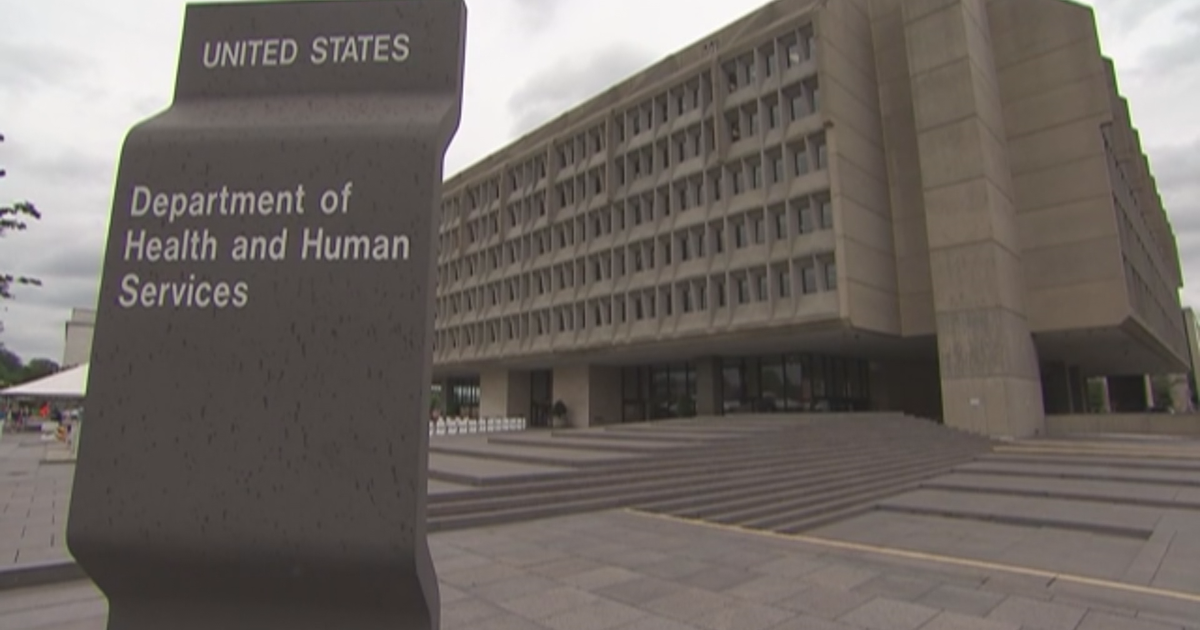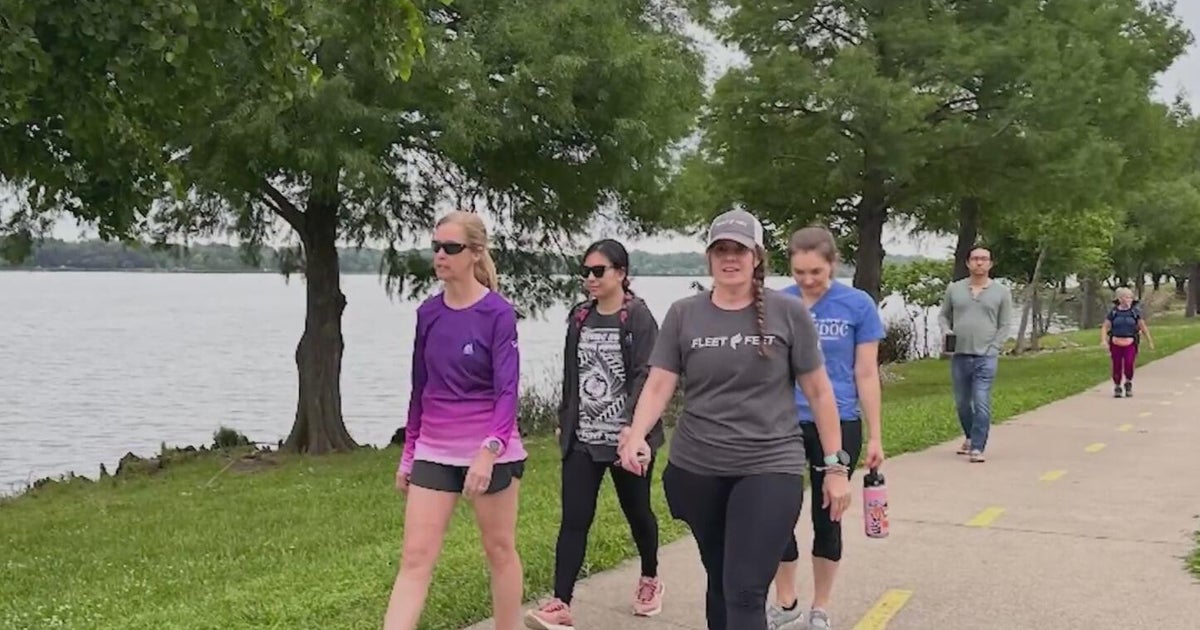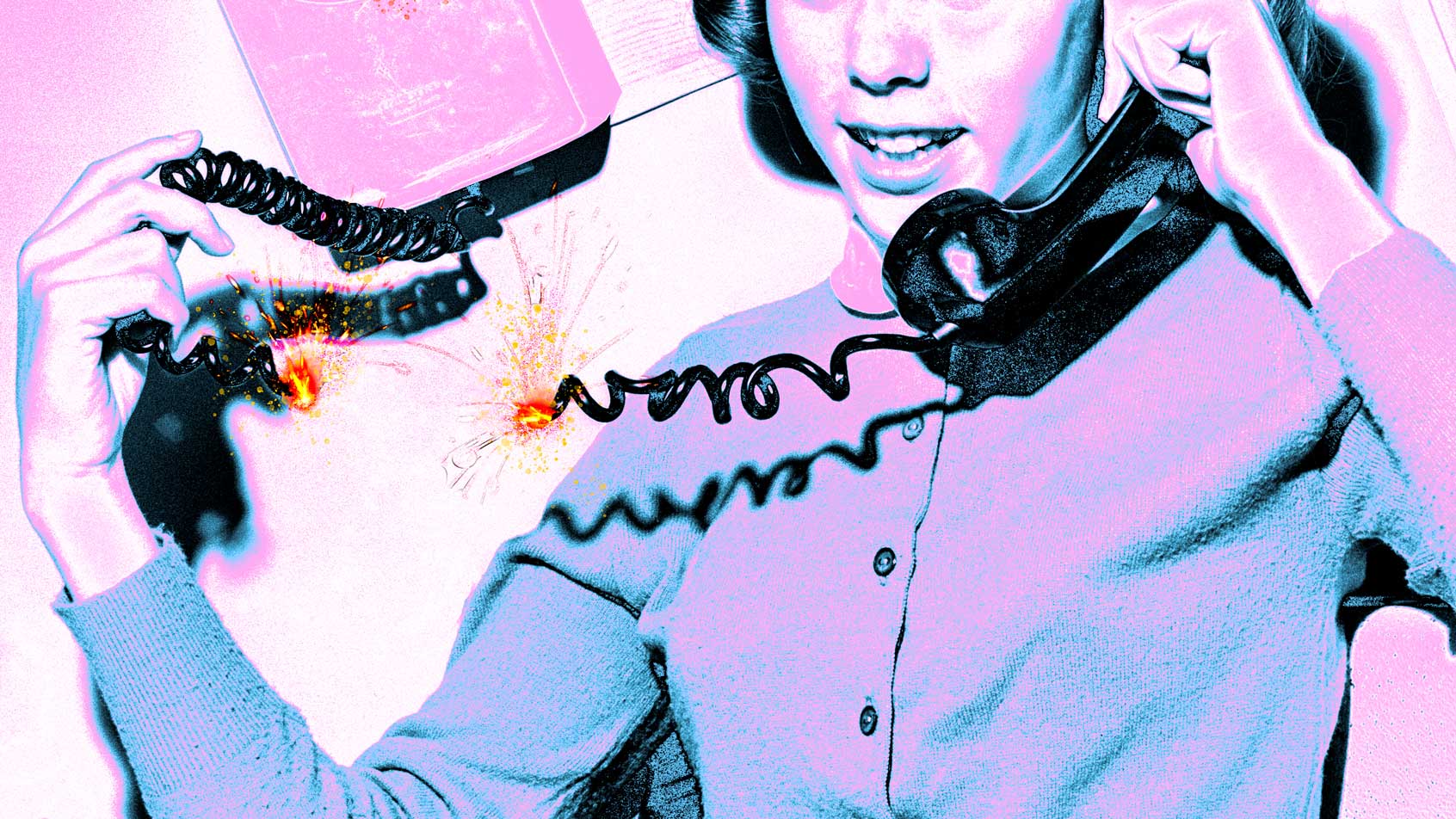988 to become the new 911 for suicide prevention
By 2022, people experiencing a mental health crisis will be able to connect with someone who can help faster than ever. The Federal Communications Commission voted Thursday to designate 988 as the new nationwide emergency number that will connect callers 24/7 to the National Suicide Prevention Lifeline.
All phone service providers have to direct all calls to the Lifeline by July 16, 2022, according to the FCC. All telecommunications carriers and interconnected and one-way Voice over Internet Protocol (VoIP) service providers are required to take part in the initiative.
The Lifeline's current number, 1-800-273-TALK, will remain accessible during and after the transition into the three-digit number.
Suicide is the 10th leading cause of death in the U.S., according to the American Foundation for Suicide Prevention. In 2018, at least 48,344 people in the U.S. died by suicide, and there were an estimated 1.4 million suicide attempts, according to AFSP. Roughly half of all deaths by suicide were committed with a firearm.
Millions more consider committing suicide. In 2018, 10.7 million American adults seriously thought about suicide, and 3.3 million people made a plan to do so, according to the Centers for Disease Control.
In a 2019 report to Congress, the FCC said that the 988 is an easy combination to remember, and that the code is "the best option for increasing access to crisis resources."
"Establishing the easy-to-remember 988 as the "911" for suicide prevention and mental health services will make it easier for Americans in crisis to access the help they need and decrease the stigma surrounding suicide and mental health issues," the FCC press release said.
In its report, the FCC explained that the suicide prevention line directs people to trained counselors who assess them for suicidal risk, provide crisis counseling and intervention, engage emergency services and offer referrals to health services. In 2018, the FCC reported, the Lifeline answered more than 2.2 million calls and responded to more than 102,000 crisis chats on its website.
The FCC reported that the Lifeline has "shown good results regarding effectiveness," including "reduction of suicidal ideation and hopelessness, improved suicide risk assessment, response to callers at imminent risk, and improving follow up."
If you or someone you know is in emotional distress or suicidal crisis, call the National Suicide Prevention Hotline at 1-800-273-TALK (8255).
For more information about mental health care resources and support, The National Alliance on Mental Illness (NAMI) HelpLine can be reached Monday through Friday, 10 a.m.–6 p.m. ET, at 1-800-950-NAMI (6264) or email info@nami.org.





